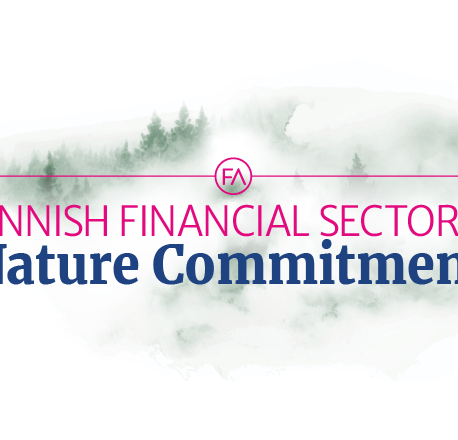
- Finance Finland considers it essential to regulate corporate sustainability due diligence at the EU level.
- EU-level regulation would lend credibility to sustainable and responsible corporate behaviour.
- It would also benefit Finnish companies in the international market and improve Finland’s competitiveness.
- For various reasons, some EU Member States are considering taking an opposing stance on the Corporate Sustainability Due Diligence Directive (CSDDD).
- Finance Finland proposes that the European Council reopen the negotiations with the Parliament and that the contents of the directive be further refined.
For Finnish companies, responsibility is a competitive advantage. Having EU-level regulation of corporate sustainability would benefit responsible Finnish companies in the international market and improve Finland’s competitiveness. Such regulation would also make work easier in the financial sector.
“Harmonised regulation would help companies allocate their responsibility work resources more effectively. Banks and insurers would also have better access to relevant information with which to assess the responsibility of potential targets of investment and insurance”, says Finance Finland’s CEO Arno Ahosniemi.
Regulating corporate sustainability at the Union level is expedient. A patchwork of national due diligence laws in Europe would be a significantly worse and less efficient alternative for companies and responsibility alike.
“EU-level regulation would improve the position of Finnish companies, as irresponsible companies would no longer get undue competitive advantage at the expense of responsible companies. The FIBS corporate responsibility network shares our view on this matter”, Ahosniemi points out.
Reopening negotiations
The CSDDD is currently in the eye of the storm. For various reasons, some EU Member States are considering taking an opposing stance on its adoption. In Finance Finland’s opinion, instead of overturning the entire directive, the Council should reopen negotiations and work to fix the defects in the directive’s contents together with the Parliament.
From the financial sector’s perspective, the directive text contains significant shortcomings in clarity in its current form. The substance remains unclear, for example, in the compromise proposal that the directive would only apply to the upstream part of financial undertakings’ chain of activities, leaving out downstream business partners that are receiving their services and products.
“The definition of the upstream part of the chain of activities should be clarified in future negotiations. If the policymaker’s intention is to exclude the acquisition of financing and corporate refinancing from financial undertakings’ chain of activities in the context of the directive, it should clearly state this”, says Ahosniemi.
The vagueness of the text makes it difficult to assess the directive’s impact.
“The Corporate Sustainability Due Diligence Directive is the best initiative to encouraging corporate responsibility we’ve had so far. Finnish undertakings are committed to sustainability and responsibility as a rule, and it’s unfair if companies that couldn’t care less about the environment or human rights gain competitive advantage in the market”, Ahosniemi says.
Still have questions?
|Contact our experts
Looking for more?
Other articles on the topic

Hooray for simplifying regulation! But obligations must be streamlined thoughtfully, without compromising environmental goals

Preventing biodiversity loss must be given top priority – also in business

Sustainable finance reporting requirements must not be reduced at the expense of the environment

Finnish financial sector signs nature commitment to enhance the transparency of its biodiversity action




